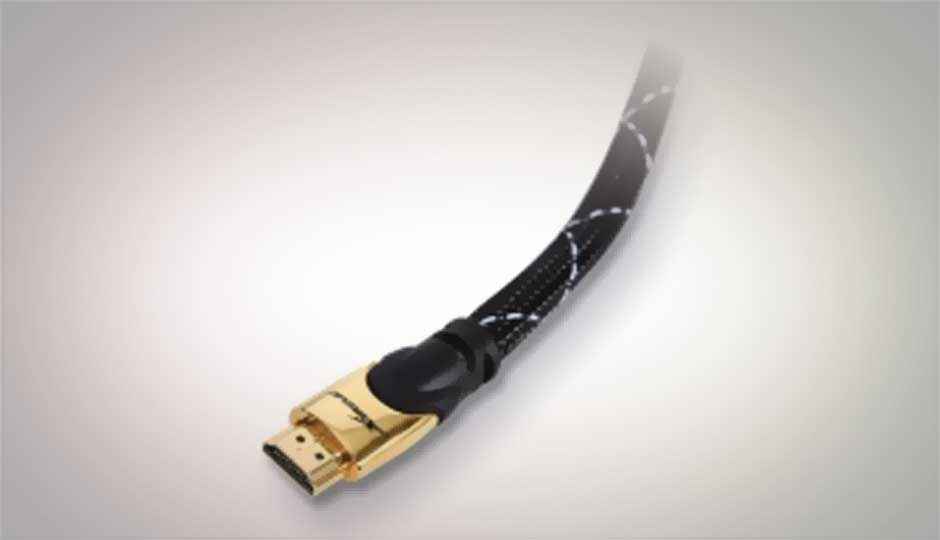Govt roots for 30% local sourcing of ‘security sensitive’ electronic products
The finalised Preferential Market Access norms make it mandatory to have a minimum of 30% local sourcing of security sensitive electronic products by all central ministries/departments.

Looking to achieve 100 percent domestic sourcing of ‘security sensitive’ telecom gears, the government has given a new definition to such equipment. Moreover, in its finalised Preferential Market Access (PMA) norms, the government has reportedly made it mandatory to have 30 percent local sourcing for electronic security products.
 Survey
SurveyThe Department of Electronics and IT (DeitY) says, “Electronic products with security implications are those which are necessary for protecting human, animal or plant life and health, apart from protecting the country’s security interests,” in an internal note.
According to a TOI report, the new clause will be the main highlight of the final PMA norms, slated to be issued on April 20. The report further says the fresh definition of telecom equipment with security implications was discussed on April 8 between Union minister Kapil Sibal and other major telecom bodies.
However, telecom industry executives say the PMA norms could spark new spate of controversy, as the meeting that discussed the reclassification of the equipment didn’t have representatives from the telecom department or the DeitY.
As many as 24 categories of telecom equipment have been defined as security-sensitive, out of which 90 percent comprises electronics.
The new clause in the final PMA is also feared to complicate matters and even cause negative impact on the procurements by mobile phone companies. “This new definition of electronics with security implications is bound to complicate matters since the environment and health ministries will now be dragged into all future decisions on safety assessment of telecom gear, which could impede equipment procurement by licencees,” says an executive.
It’s learnt the international business community and industry lobbies representing phone companies in India have opposed the PMA guidelines that make it mandatory to source mainline telecom gear, believed to be security-sensitive, from Indian-owned companies between 2013-2020.
They also oppose India’s efforts to have 100 percent domestic sourcing of telecom gear on security grounds, saying the move is against the global trade laws as well as WTO treaty commitments.
Telecom sector executives claim “the Indian manufacturing units of global telecom vendors such as Ericsson, Alcatel-Lucent, Nokia Siemens Networks, Cisco, Huawei and ZTE amongst others should qualify as domestic manufacturers,” but the PMA norms don’t have it.
But, the DeitY says, “The minimum percentage of domestic procurement for any notified electronic product with security implications is 30% to encourage local manufacturing.”
It is believed domestic procurement rules will be strictly followed the government tenders.